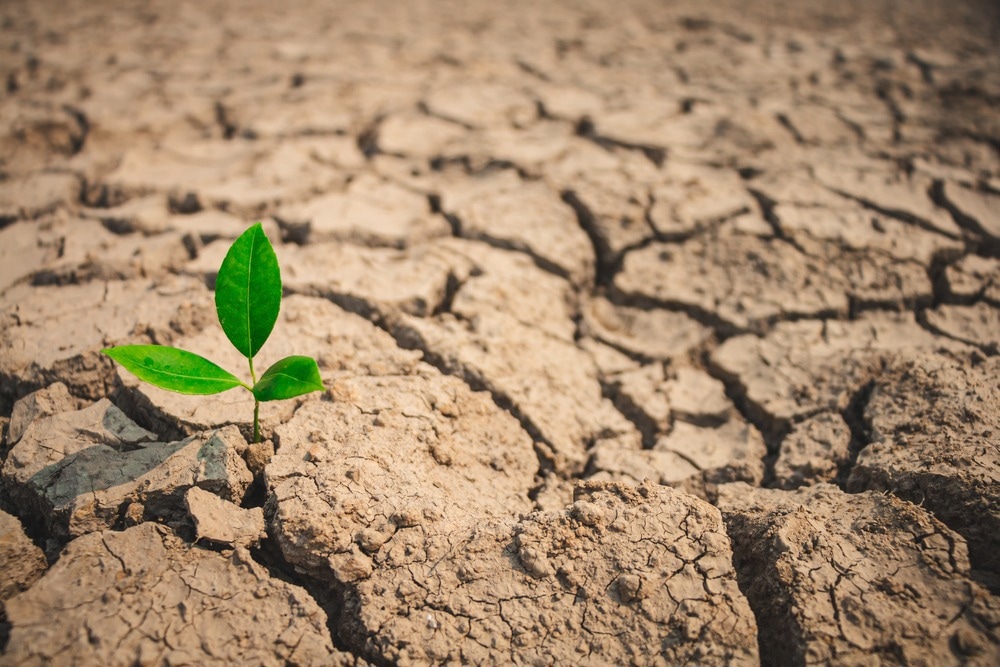The international researchers’ group proposes that it is essential to comprehend the ecological, biochemical, and physiological responses of plants that undergo stresses from drought and heat. In doing so, more feasible management and solutions can be designed.

Image Credit: R_Tee/Shutterstock.com
The group state that plant responses to such challenges can be categorized into three divisions:
- Physiological
- Phonological
- Biochemical
Dr. Aqarab Husnain Gondal of the University of Agriculture Faisalabad, Pakistan, the lead researcher of this study, claims that owing to biological disruptions, physical damages, and biochemical irregularities, unusual temperatures and sub-optimal water supplies negatively affect crop production and harvests. Dr. Aqarab Husnain Gondal states a unique factor of the phenomenon is comparing basic characteristics with abiotic stresses.
Researchers, denoting a work analyzing data from research that was published between 1980 and 2015, say that drought has decreased maize and wheat production by up to 40% across the globe. Projections recommend that for temperature rise in every degree Celsius, this would lead to a 6% loss in global wheat production, they say.
Globally, abiotic stresses are decreasing the production of the crop. Plants respond to heat and drought stress in different ways—the most remarkable way is by modifying their morphology and development.
This review offers a complete account of the adaptation of plants towards drought and heat stress with specific importance on pinpointing variations and similarities. Although the ability of plants to endure these pressures varies considerably among various species, it is worth observing that the latest advances have been gained in preventing the adverse consequences—both by the genetic methods’ usage and by stress tolerance’s induction.
The researchers maintain that regardless of the fact that heat and drought stress might negatively affect the growth and development of the plant, the most impacted is reproductive growth. Anthesis or grain-filling stress might have a great effect on crop yield if it is mild—whereas damage to the oxidative stress, photosynthetic machinery, and membrane instability are also triggered by these factors.